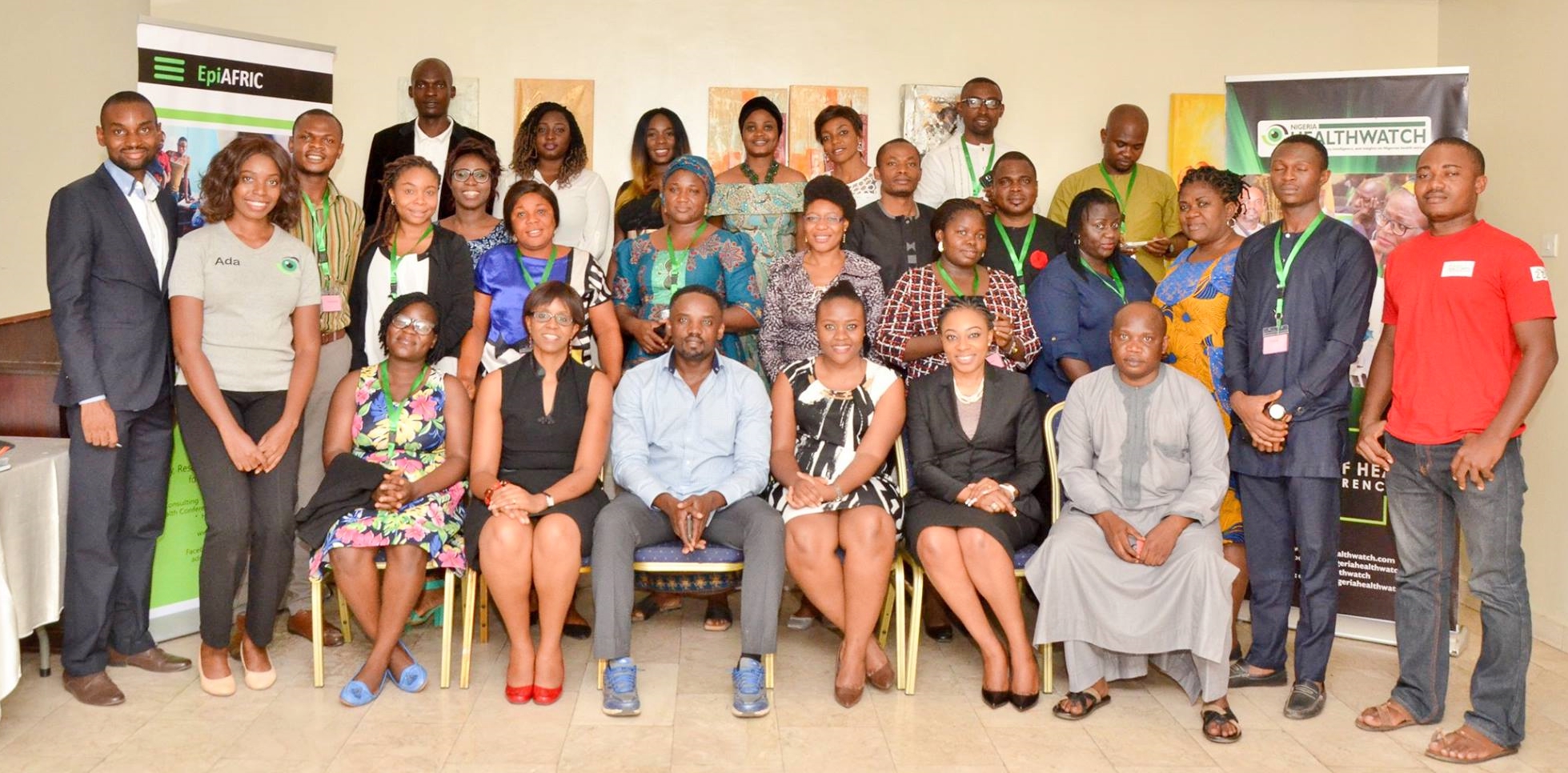“Community-based insurance for health care”
April 26 Healthcare is a basic human right but in Nigeria, where most people live in rural areas and have no health insurance, access to care is a huge problem. Kelechukwu Iruoma, 23, a Correspondent from Lagos in Nigeria, writes about journalists trained on reporting health-related issues, especially the Community-Based Health Insurance Scheme, to ensure that rural dwellers have access to quality healthcare.
Healthcare is a basic human right but in Nigeria, where most people live in rural areas and have no health insurance, access to care is a huge problem. Kelechukwu Iruoma, 23, a Correspondent from Lagos in Nigeria, writes about journalists trained on reporting health-related issues, especially the Community-Based Health Insurance Scheme, to ensure that rural dwellers have access to quality healthcare.
Martin Luther King Jr. was once was quoted as saying: “Of all the forms of inequality, injustice in healthcare is the most shocking and inhumane.”
Healthcare is one of the fundamental rights of every Nigerian, and goal number three of the Sustainable Development Goals is ‘good health and wellbeing.’ Yet in Nigeria, according to President Muhammadu Buhari, nine in ten Nigerians do not have health care insurance.
This shows that a great number of the country’s population does not have access to effective health care. In 2006, the federal government launched the National Health Insurance Scheme (NHIS) to ensure that Nigerians had access to quality health care.
The scheme enabled those in the formal sector, including government and private employees, to have access to health care. Those in the informal sector, including rural community dwellers who may be self- or casually-employed, find it difficult to participate in the scheme due to lack of finance and advocacy.
Communities in Nigeria lack a formal health care system. When people are sick, they go to chemists or traditionalists. No health care systems are put in place to cater for their health issues.
Focus is now on the Community-Based Health Insurance Scheme (CBHIS). CBHIS is a type of health insurance scheme under the informal programme of NHIS, targeted at people within the informal sector so that those in the rural communities can have access to quality health care services.
Two non-governmental organisations – Christian Aid and Nigeria Health Watch – organised a two-day Health Journalism Masterclass to train Nigerian journalists on how to report stories on health, especially on CBHIS, so that rural dwellers can access quality health care. The Nigerian government was also urged to adopt the scheme to ensure access to quality health care.
Dr. Ifeanyi Nsofor, Public Health Advisor of Nigerian Health Watch, described health care as a basic human right and urged the government to ensure that the poorest in society were covered and taken into consideration in NHIS.
Rural dwellers lack finances to pay the scheme, so it is the duty of the Federal Government to provide quality health care services for all Nigerians. “Government must go to the people and ask them how much they will be willing to pay for a good bouquet of health services in a year,” says Nsofor.
“It has to be what the people can pay or afford. Advocacy must continue, the government must gain the trust of the people by assuring them that when they pay, they will get the services. It must also be backed up by legislation; the government must sign a law for it so that even if the current government leaves, any other government coming in is bound by law to continue doing that,” he said.
According to him, it is time for Nigerians to start taking their health very seriously, and being accountable for their health means holding the government responsible.
“For instance, if the government says they are going to do something, we should be able to ask questions like have you done it and why haven’t you done it?
In her comment, Ms. Nneoma Anieto, Programme Communication Person, Christian Aid, said that the training was to sensitise people to the need for health coverage for the poor and the marginalised in society.
Anieto said that if the country adopted CBHIS it would be a part of attaining universal health coverage.
“We want a health system that will work and for the government to put the health needs of the people at the front line,” she said.
Reach me on Twitter @Kelechukwu 23
Photo courtesy of Nigeria Health Watch and Kelechukwu Iruoma
…………………………………………………………………………………………………………………
About me: I am a humanitarian and development journalist who ensures that the voice of the voiceless are always heard. I am passionate about the sustainable development goals and I want to see a world where the youths are given adequate education and employment.
I want to see a world where poverty is wiped away. I want to see a world where people are provided with clean water and good environmental sanitation. I want to see a world where peace reigns.
…………………………………………………………………………………………………………………
Opinions expressed in this article are those of the author and do not necessarily represent the views of the Commonwealth Youth Programme. Articles are published in a spirit of dialogue, respect and understanding. If you disagree, why not submit a response?
To learn more about becoming a Commonwealth Correspondent please visit: http://www.yourcommonwealth.org/submit-articles/
…………………………………………………………………………………………………………………




